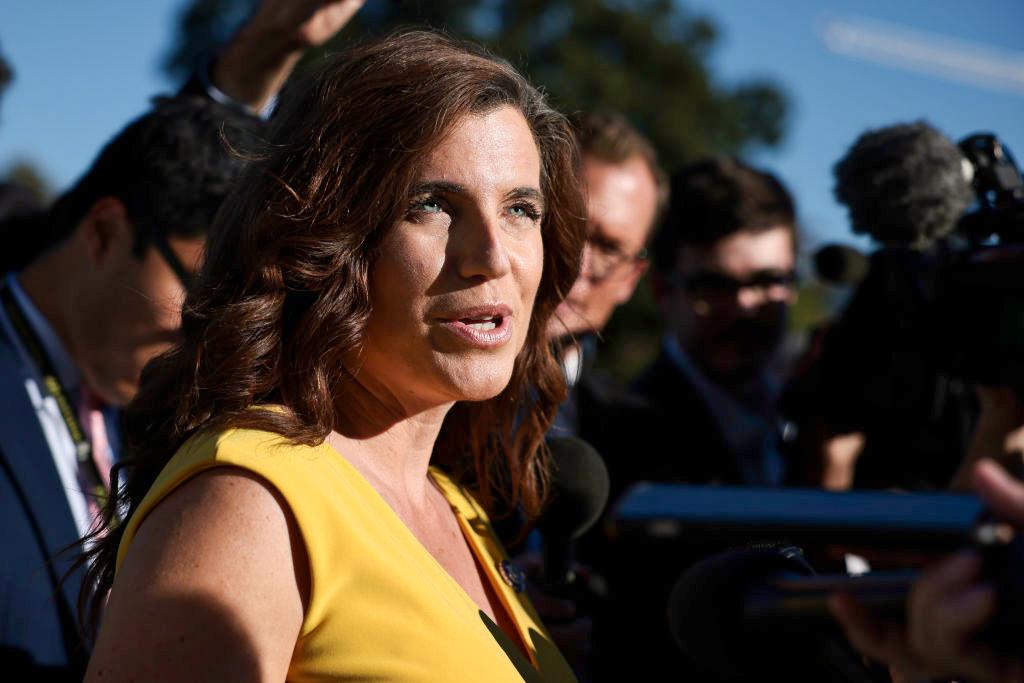Rep. Nancy Mace (R-S.C.) is demanding answers from the U.S. Department of Health and Human Services (HHS) about why the federal agency hasn’t promoted the use of nasal sprays to treat or prevent COVID-19.
In a four-page letter released to The Epoch Times, Mace asks HHS Secretary Xavier Beccera why the agency has ignored studies that show that nasal sprays are an effective treatment of COVID-19 and why it hasn’t promoted their use to the public during the pandemic. The freshman South Carolina Republican lawmaker implies a coverup by HHS and other federal agencies over the benefits of nasal sprays against COVID-19 in her letter.




